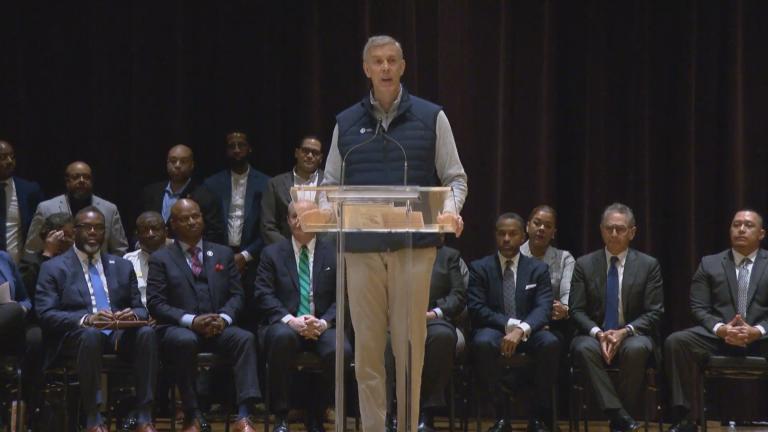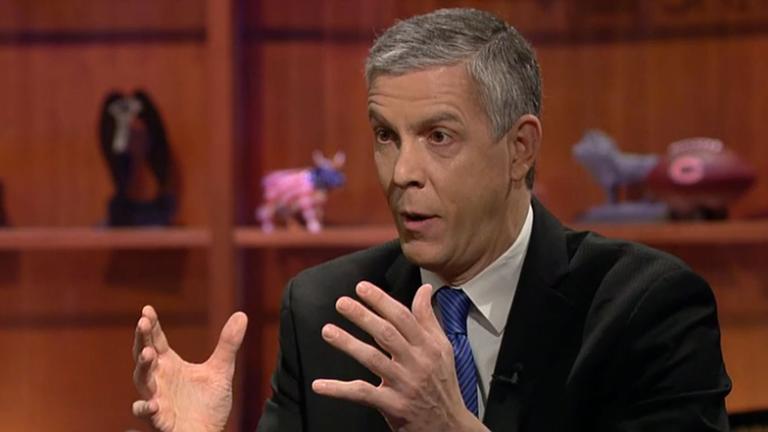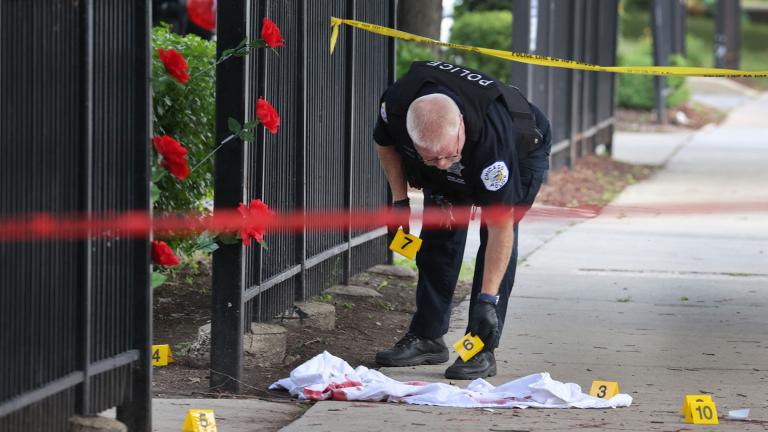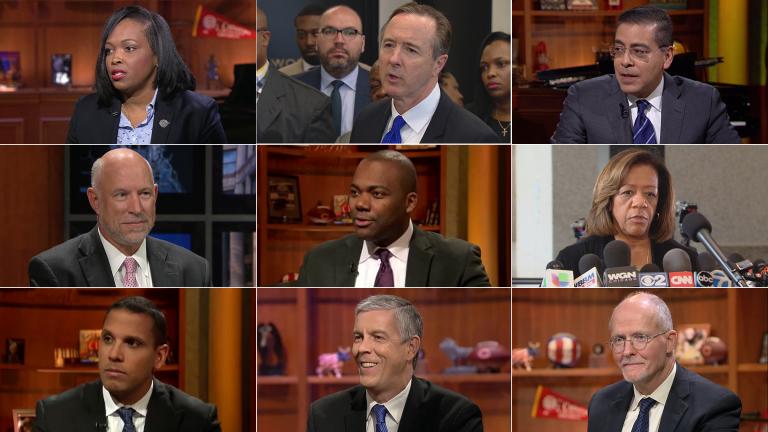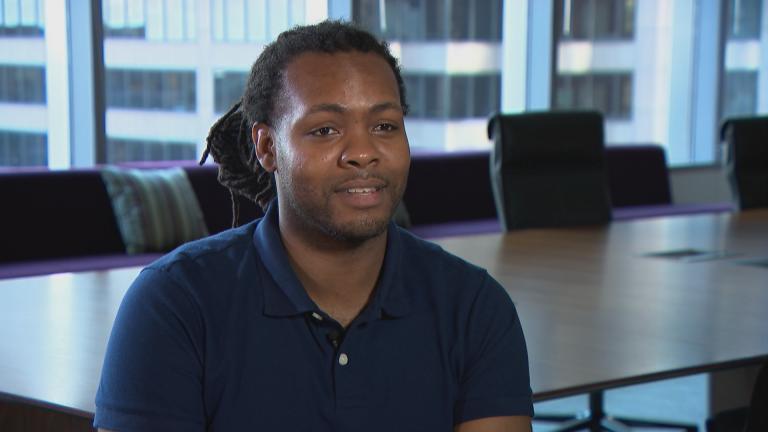 U.S. Secretary of Education Arne Duncan ran Chicago Public Schools for more than seven years, but since then, the district has found itself struggling to maintain stability at the top of the organization.
U.S. Secretary of Education Arne Duncan ran Chicago Public Schools for more than seven years, but since then, the district has found itself struggling to maintain stability at the top of the organization.
The secretary was in town today speaking at the Education Writers Association National Seminar and shared his thoughts on the latest troubles for CPS.
During the session, Duncan spoke at length about a number of education-related issues, including the reauthorization of the Elementary and Secondary Education Act, standardized testing, and equality in schools.
But of course, we had to get his reaction to what's happening in his hometown. Just last week CPS CEO Barbara Byrd-Bennett went on leave as word broke that the district is being investigated by the FBI, and Gov. Bruce Rauner is suggesting that CPS declare bankruptcy to remedy its financial distress.
“First of all, I just hate that the current CEO is, you know on leave, or whatever the term is, but before I was here there was a CEO, Paul Vallas, for about seven years. I did it for seven-and-a-half, so we had two CEOs over 15 years,” Duncan said. “We had some stability, like any organization needs stability, and CPS in six years I’ve been gone, I think they’re on their fifth superintendent now. And might shortly be on their sixth, and that kind of lack of continuity, that lack of stability it, it’s difficult on a child. It just makes me sad.”
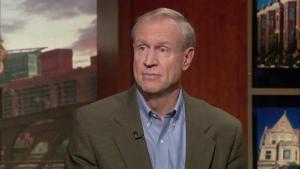 While Duncan didn't directly address the governor's comments regarding bankruptcy for Chicago Public Schools, he did stress research showing that the way Illinois funds school districts is one of the most inequitable in the country -- the poorest districts receive the least state funding, while wealthier districts receive the most.
While Duncan didn't directly address the governor's comments regarding bankruptcy for Chicago Public Schools, he did stress research showing that the way Illinois funds school districts is one of the most inequitable in the country -- the poorest districts receive the least state funding, while wealthier districts receive the most.
He says there's no perfect model, but that Illinois certainly needs to find a better one.
He also says he'd love to see more clarity and transparency in how much money school districts are spending at the school level in order to ensure that poor schools can still get quality teachers.
He'd like to see the reauthorization of the Elementary and Secondary Education Act to solve the problem.
“The things we’d love to close is that loophole in the law that allows districts to just talk about body counts, numbers, and not actual dollars spent at the school level. And that’s not in the House or Senate bill. [There’s] been some conversation on the Senate side. But that for me, would be the best fix,” Duncan said. “Places like here in Chicago, we have places of desperate need in Englewood and North Lawndale. And then we have schools that are on the Gold Coast—some of the highest performing schools in the state. So there’s huge ranges in needs of children in just a city like Chicago. And the real honest and fair question is, are the children in Englewood and North Lawndale and Little Village getting access to the same level resources as children that are going to schools like North Side College Prep and Walter Payton?”
But that idea he says, of closing that loophole in the law, is getting a lot of pushback in Washington, D.C.

